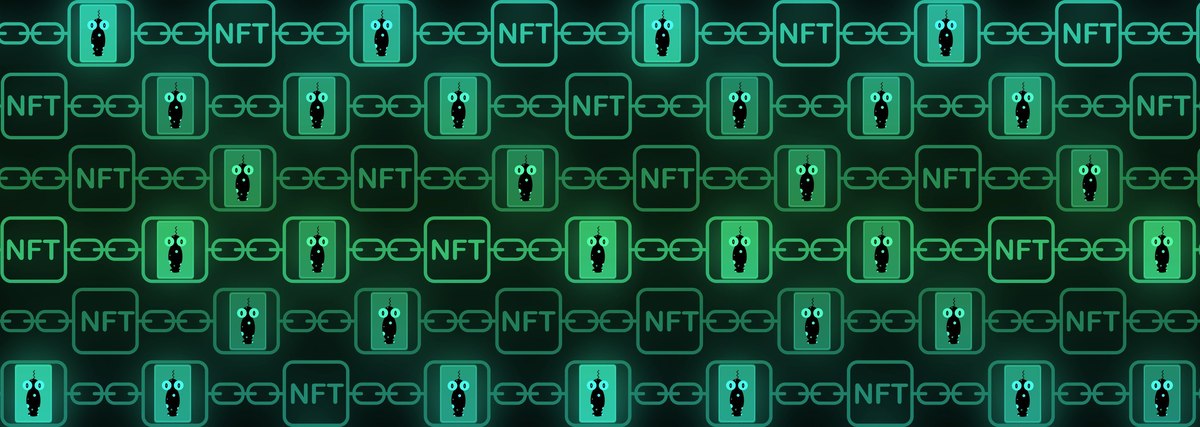A collection of digital images sold for more than $69 million, Twitter CEO Jack Dorsey’s first-ever tweet fetched $2.5 million, and a video clip of LeBron James was purchased for $200,000.
These digital items, purchased as non-fungible tokens (NFTs), made big headlines over the last month, but how much do Americans understand about the blockchain-verified assets?
A recent YouGov survey found about a third of Americans have heard of non-fungible tokens (34%), but only 12% know what the term means. This group who has heard of – and understand – NFTs are more likely to skew younger and they're more likely to be men, by a dramatic margin (62% vs. 38% women).
NFTs are unique digital files that, unlike digital currencies, are not exchangeable or interchangeable (hence “non-fungible”). The headline-grabbing assets up until now have primarily been pieces of digital artwork whose authenticity is verified on a blockchain, giving purchasers confidence that they do indeed own the rights to an original. "The underlying thing that you're buying is code that manifests as images," Donna Redel, who teaches courses on crypto-digital assets at Fordham Law School, told NPR. "You're buying a different format of art."
As awareness grows, NFTs could have an impact on all business sectors. Let’s take a closer look at the spending habits of this group of Americans who understand NFTs.
NFTs are intrinsically tied to cryptocurrency, such as Bitcoin or Ethereum, since they are a class of crypto assets themselves. It’s no surprise, then, that those who have an understanding of these ephemeral tokens are also more than five times as likely as the general public to use crypto when making purchases online, YouGov data confirms.
Awareness and understanding of NFTs cut across all income levels, with no significant over-indexing in one particular bracket. However, those who are in the know are more likely than the general population to prioritize spending on eating out, entertainment and tech over other areas, such as groceries. They are also more than twice as likely as the general public to have investment money in art, wine, jewelry or classic vehicles.
NFT-aware Americans are three times as likely to list esports as one of their top interests, making them a great target market since it’s made up of individuals who are almost certainly already familiar with the concept of virtual worlds and currencies.
Methodology: YouGov polled 3,677 US adults online between March 13 at 5:00 p.m. and March 14 and 5:00 p.m. ET. The survey was carried out through YouGov Direct. Data is weighted by age, gender, education level, political affiliation, and ethnicity. Results are nationally representative of adults in the United States. The margin of error is ±1.6% for the overall sample.
Image: Getty











